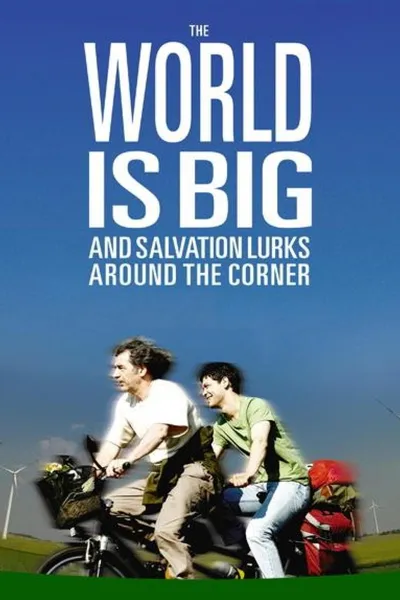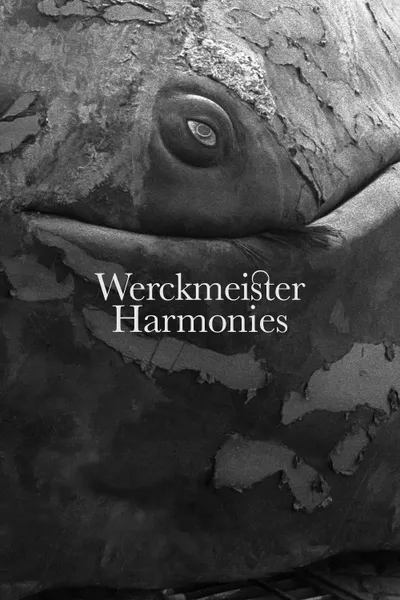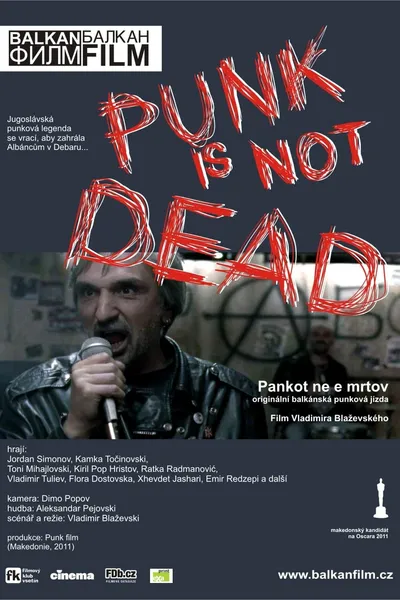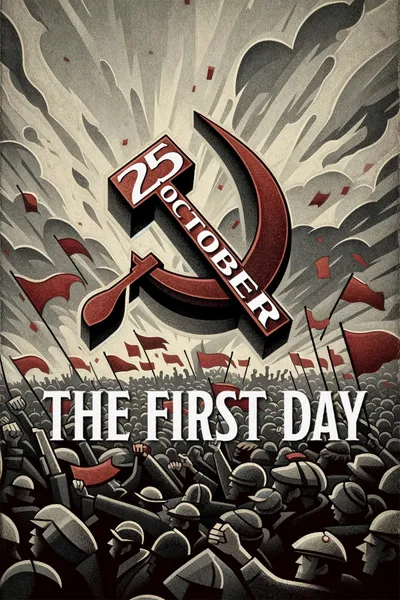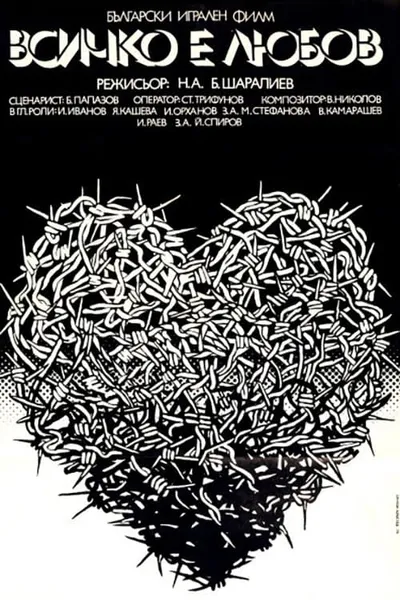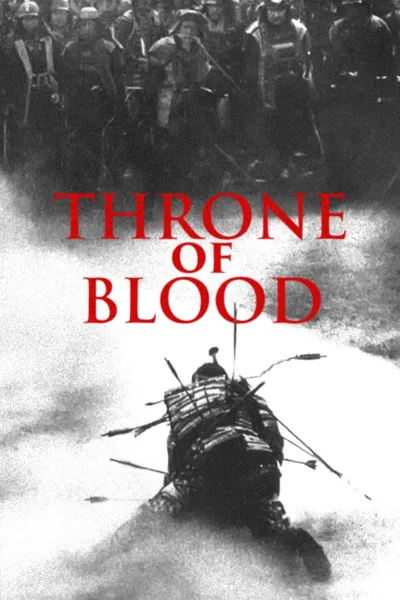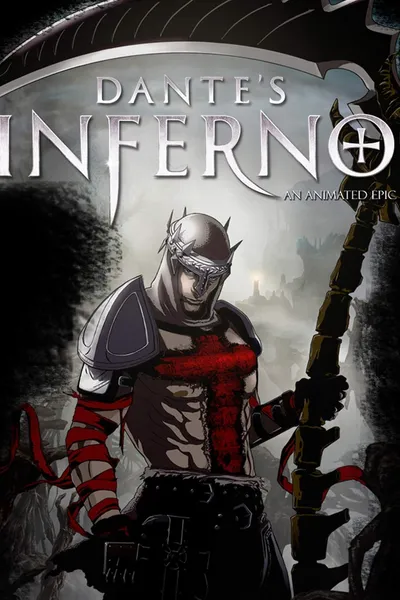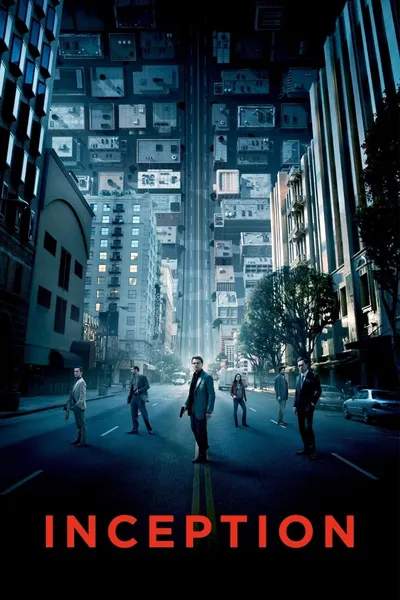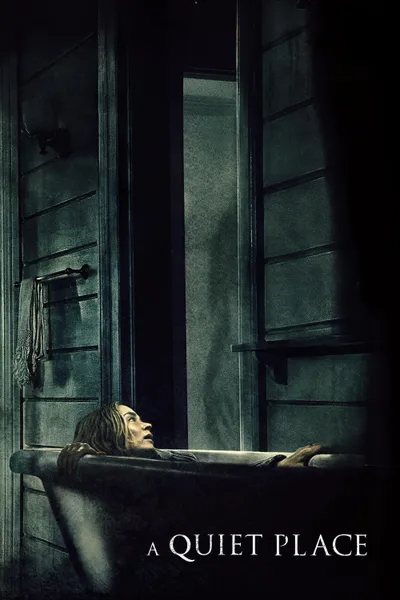Reviews
CRCulver
August 22, 20185.0
This 2008 film by Stefan Komandarev, a loose adaptation of a novel by Ilija Trojanow, is both a heartwarming family tale and a biting critique of Communist-era Bulgaria. Alexander "Sashko" Georgiev (Carlo Ljubek), who was born in Bulgaria and came to Germany as a child, is the sole survivor of a car crash that kills his parents. Due to the trauma, he initially cannot recall anything of his former life. His grandfather, Bai Dan (Miki Manojlović), visits from Bulgaria and, with the help of some tough love, tries to get him out of his funk and reawaken his memories. Bai Dan is a larger-than-life character, one of those wild, freespirited guys who somehow managed to survive here and there in Eastern Europe in spite of the greyness of society and the endless hassles by the authorities. Bai Dan is also an obsessive backgammon player who believes the game very directly relates to our lives. As Bai Dan and Sashko set off east from Germany, on a tandem bicycle back towards the old family home in Bulgaria, Sashko starts to remember, and the audience discovers in flashbacks the dramatic events that led his family to flee Bulgaria under Communism.
This is an enjoyable little film. The political subtext adds some depth to the film and its scenes of a refugee camp and the frustrated aspirations of ordinary, hardworking people are especially relevant as I write this review. But that political touch is never heavy-handed, and what will strike most viewers is the common humanity of this family that lovingly stayed together through thick and thin. A remarkable thing is that neither of the main actors are themselves Bulgarians. Miki Manojlović has been a mainstay of Yugoslav and Serbian cinema for decades (Western audiences are most likely to know him from Kusturica's Underground), but he learned Bulgarian well enough to pass as one of them. Similarly, Carlo Ljubek was born in Germany to Croatian immigrants.
In spite of being worthwhile on one viewing, it is hard to rate this film more than average due to some peculiar aspects of the story. A romantic interest is written in, but she comes too late and Bai Dan's motivations in pushing Sashko to pursue her just baffle. The characters' actions were strange enough that I started to wonder if there was originally more material here, but Komandarev had to cut it out to achieve his 145-minute running time. Still, worth a try for anyone open to Central and Eastern European cinema, and Bai Dan is certainly the grandfather everyone wishes they had.
Recommendation Movies
Werckmeister Harmonies2001
Irina Palm2007
Tall Tales2019
Punk's Not Dead2011
25 October, the First Day1968
Eastern Plays2009
Everything is Love1979
Throne of Blood1957
Dante's Inferno: An Animated Epic2010
47 Ronin2013
Journey 2: The Mysterious Island2012
Parasite2019
Interstellar2014
Halloween1978
Inception2010
Midsommar2019
Dune2021
The Wolf of Wall Street2013
Fight Club1999
A Quiet Place2018
© 2024 MoovieTime. All rights reserved.Made with Nuxt
